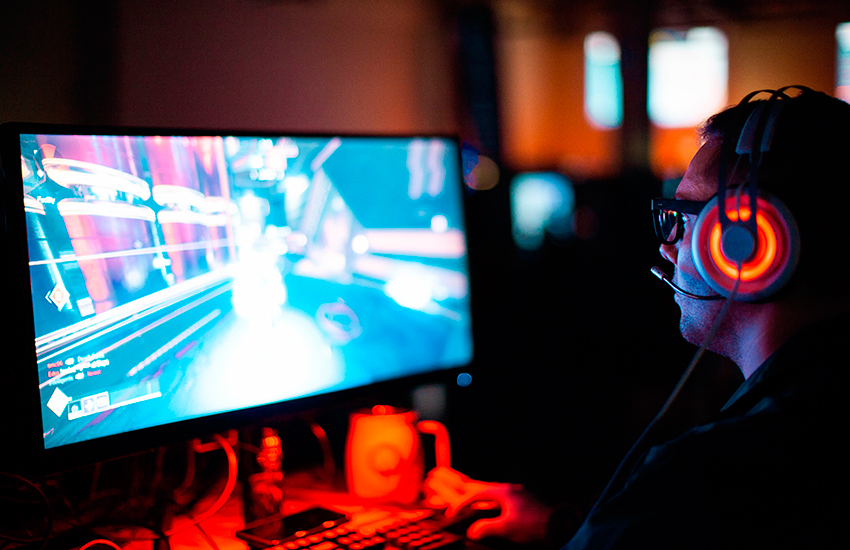Defections in West Bengal politics, which started when the Trinamool Congress came to power in 2011, culminated in one of the most prominent cross overs by the end of 2020.
The decision of Suvendu Adhikari, a key Trinamool Congress (TMC) leader and Minister to join the Bharatiya Janata Party (BJP) in December, was the highpoint of politics in the State. Many TMC leaders joined the BJP almost 10 lawmakers changed sides at the very venue where Mr. Adhikari had held the BJP flag. But the crossing over of the former TMC strongman stood out for the huge implications it holds for the future of the State politics.
A precursor to what to expect in 2021 when the State goes to the polls, the past few months have witnessed a heightened political activity with BJP leaders including party president J.P. Nadda and Union Home Minister Amit Shah making frequent visits to the State.
If 2019 was the year when the BJP had emerged as the challenger to the Trinamool Congress winning 18 of the 42 seats in the Lok Sabha polls, the battlelines were drawn in 2020 for the Assembly polls scheduled in 2021. Instances of political violence and the killings of political activists continued even as the pandemic had changed the usual nature of work and business.
Like the rest of the country and the world, West Bengal also grappled to contain the pandemic. The first case of the infection was recorded on March 17 and the number of infections had crossed 5.5 lakh by the end of the year and deaths due to the contagious infection crossed 9,600. Amidst allegations that the pandemic could have been managed better and the States claims that the Centre did not come to its rescue by providing enough funds, it was left to the courts to intervene to make Durga Puja pandals out of bounds to people by declaring them as no entry zones.
The State also witnessed one of the most severe cyclonic storms Amphan. More than 100 people had lost their lives as the cyclone battered several districts of South Bengal including Kolkata causing huge damage to physical infrastructure in Sunderbans and adjoining coastal regions.
Amidst the frantic political activity towards the end of the year and the plethora of administrative steps to contain the spread of the pandemic, something that stood out every time was the worsening of Centre-State ties. From counting the deaths due to COVID-19 to Central teams visiting the State and alleging that the State government was not allowing them to move freely, the friction between the State and the Central government came to the fore even when all resources should have been deployed to save lives.
Whether it was the implementation of Central schemes like Ayushman Bharat or the PM Kisan Samman Nidhi, the Centre and the State spoke in different voices. While the State insisted that they have a better scheme and the Centre should transfer funds to it, the Central government insisted that politics was coming in the way of the welfare of the people.
The State-Centre relations also witnessed a new low when the Union Home Ministry had issued a notification for Central deputation of three IPS officers, despite the reservations of the State. The IPS officers were in-charge of providing security to Mr. Nadda when his convoy was attacked on December 10.
The role of Governor Jagdeep Dhankhar and his regular accusations against the State government also remained a constant bitter note. By the end of the year, the Trinamool Congress officially wrote to the President asking for his removal an unprecedented and rare development in the constitutional history of the State.
Recent Posts
- The Solar System is positively lousy with magnetic fields. They drape around (most of) the planets and their moons, which interact with the system-wide magnetic field swirling out from the Sun.
- Pregnant people cannot register for a Covid-19 vaccine prior to 14 weeks’ gestation.
- Mikel Arteta was not consulted over Arsenal’s decision to appear Amazon’s All or Nothing documentary this season
- Singapore should embrace openness and equip the people with the experience and skills to succeed, said Mr Heng.. Read more at straitstimes.com.
- Down on an atomic level, glass is a jumbled mess of atoms, which makes it easily prone to distortion and cracking. Now, chemists have discovered how to arrange the atoms within glass in such a way, the resulting material can even rival the strength o

